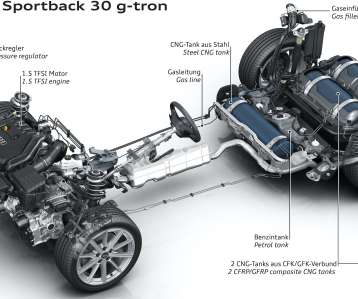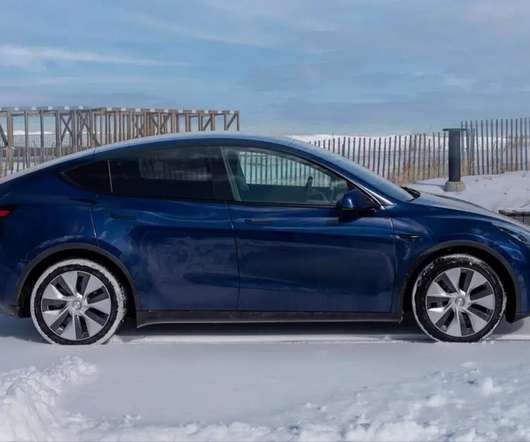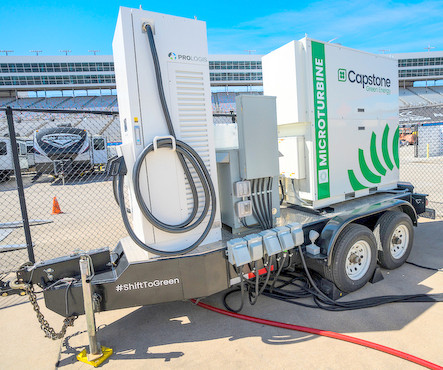Simulation study suggests ORC waste heat recovery system could deliver potential 7% improvement in fuel consumption in a PHEV on highway
Green Car Congress
OCTOBER 10, 2012
Starting from a energy-based powertrain simulation model validated on experimental data from the PHEV, the researchers conducted a first- and second-law analysis to identify the potential for engine waste heat recovery, considering a variety of driving cycles and assuming the vehicle operating in charge-sustaining (HEV) mode. Skarke et al.






























Let's personalize your content